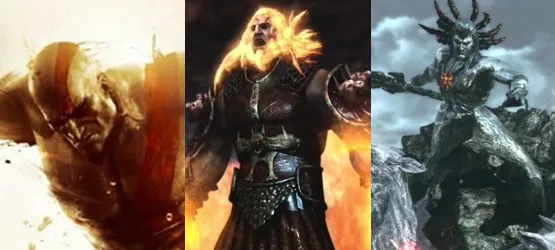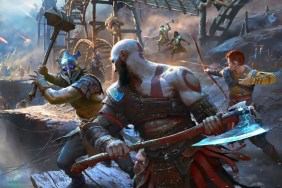With the release of God of War III: Remastered this week, it made sense to take a look back at the God of War series. Recently we talked about how Kratos is not a hero, but we wanted to focus on God of War’s interpretation of Greek mythology this time around. To do this, we took a look at ten notable figures from both Sony Santa Monica’s successful series and Greek mythology to see how their video game representation compared.
Please note that this has spoilers for the God of War series throughout. So if you have not played God of War III, you might want to read this after completing Kratos’ adventure.
So, while most characters bear a heavy resemblance to their mythological counterparts, several saw huge changes in both personality and appearance. It has certainly been an interesting ride for Kratos throughout the years, and we can’t wait to see what’s next in the series.
Let us know in the comments your thoughts on how Sony Santa Monica handled their representations of Greek mythology. Also, who is your favorite boss fight in the God of War series?
Essential Reading:
- God of War’s Kratos – The Anti-Hero No One Asked For
- 10 Memorable PlayStation Crossovers
- Everything Wrong With PlanetSide 2
God of War Mythology
-
Examining God of War’s Mythological Accuracy

-
Ares
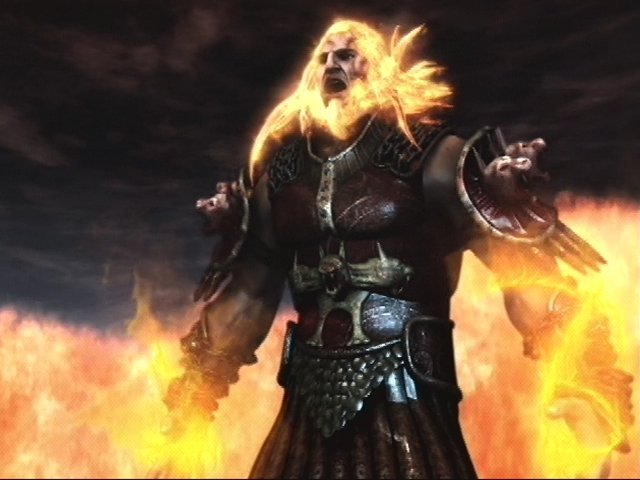
In God of War: Despite saving the life of Kratos, Ares would quickly become a villain. He tricked Kratos into murdering his own family, and was the primary antagonist of God of War.
In Greek Mythology: Despite having such a large role in the God of War series, Ares is largely a side character in Greek mythology. He is perhaps best known for fathering over forty children with the likes of Aphrodite and the Amazon Queen Otera.
-
Athena

In God of War: Athena largely acts as an aid to Kratos throughout the God of War series. Her rivalry with her brother Ares is one of the series main sources of conflict.
In Greek Mythology: Much like in the games, Athena was known for helping out heroes. This included helping Perseus behead Medusa and Heracles defeat the Nemean lion.
-
Atlas

In God of War: After not siding with the Olympians, Atlas would be forced to hold the Pillar of the World on his shoulders for all of eternity. It was there that he would battle with Kratos, and then years later aid the Ghost of Sparta.
In Greek Mythology: After losing to the Olympians, Atlas was forced to hold up the Heavens for the rest of eternity. He didn't manage to do much after that, besides getting tricked by Heracles
-
Castor and Pollux
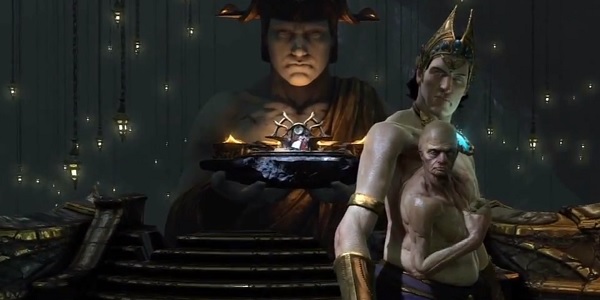
In God of War: Unlike their mythological counterparts, Castor and Pollux are straight up evil in God of War. The conjoined twins battle with Kratos early on in the Temple of the Oracle.
In Greek Mythology: Castor and Pollux were fathered by Zeus while he took the form of a swan. Naturally, the two hatched from an egg (Greek mythology gets weird). Unlike the games, they were generally regarded as swell guys that helped out humankind whenever they could.
-
Cronos
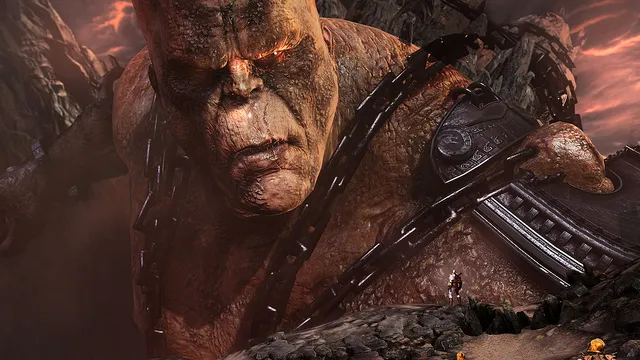
In God of War: Once the leader of the Titans, Cronos now crawls the desert with Pandora's Temple on his back. Cronos is one of the few characters that appear in all three main God of War titles.
In Greek Mythology: Cronos had the strange dietary choice of eating his own children. His son, Zeus, ended up not being a fan of the whole eating babies thing, and ended up overthrowing his father.
-
Zeus
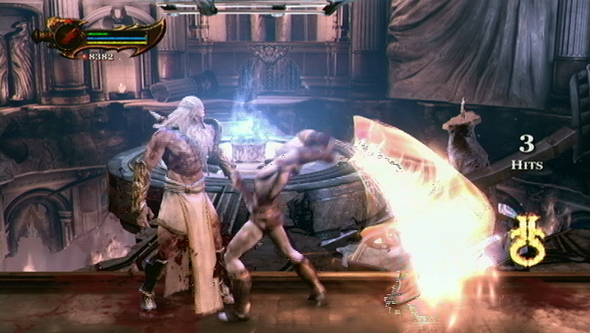
In God of War: After Kratos opened Pandora's Box, his father (and ruler of Olympus) Zeus slowly grew evil. Zeus ended up being Kratos' greatest enemy.
In Greek Mythology: After growing up with some understandable trust issues, Zeus overthrew the Titans and lived on Mount Olympus. He would rule the Olympians and fathered several notable children, such as Heracles, Athena, Ares, and Perseus.
-
Hades
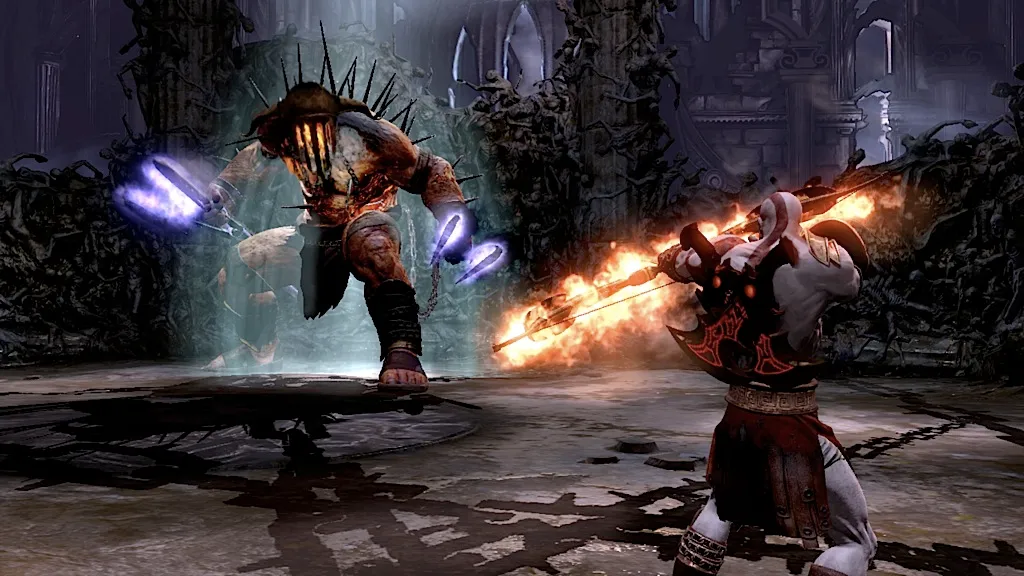
In God of War: Despite being a background character in the first two titles, Hades became a major antagonist in God of War III. His video game representation is fairly faithful to his mythological background. Interestingly, Hades' look changes throughout all three games.
In Greek Mythology: The son of Cronos and Rhea, Hades was the god of the underworld. His three-headed hellhound Cerberus guarded the entrance to the home of the dead.
-
Hercules

In God of War: Hercules (who sports his Roman name for whatever reason) grows jealous of Kratos' accolades. He feels that his half-brother is Zeus' favorite son, and vows to kill him as his thirteenth labor.
In Greek Mythology: After being driven mad by Hera, Heracles killed his family. To atone for his sins, Heracles underwent 12 difficult labors. The Greek hero once conceived 50 sons in one night.
-
Kratos
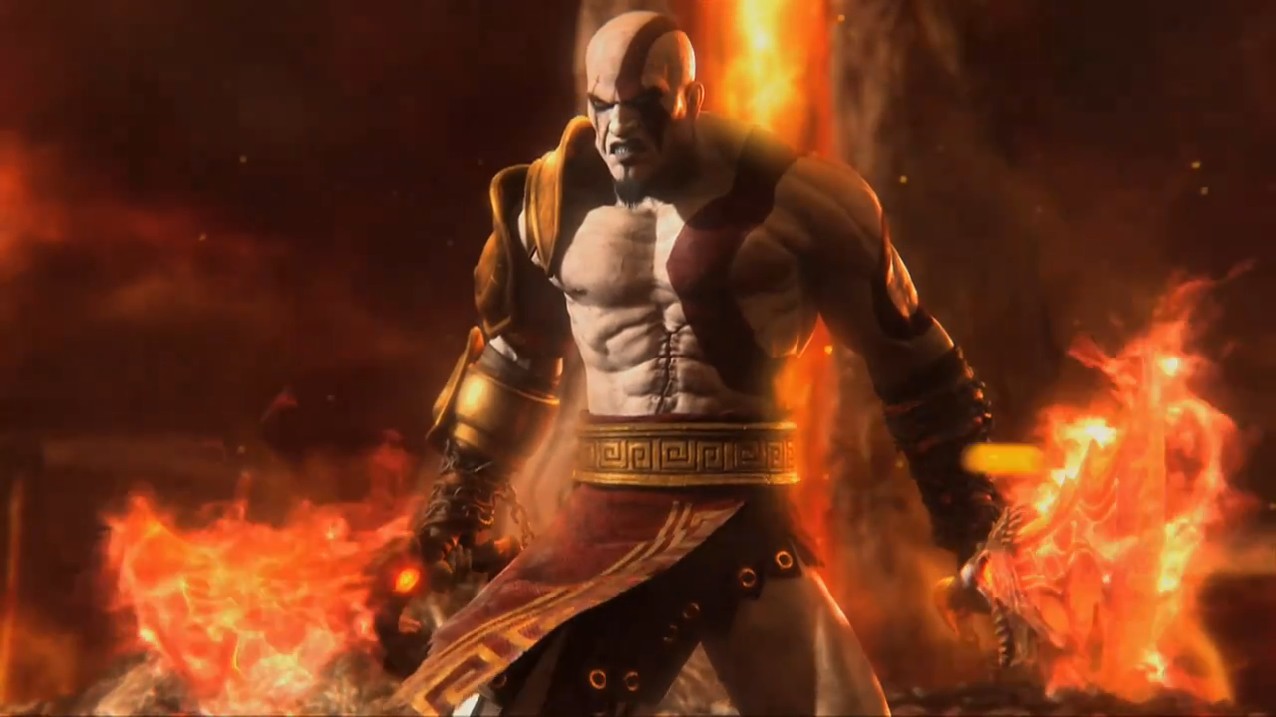
In God of War: Kratos is drastically different in God of War. Instead of being the son of a Titan, Kratos is the son of Zeus. As the protagonist of the series, he accomplishes more than any other Greek mythological figure.
In Greek Mythology: Kratos is the son of the Titan Pallas and the Goddess of the river Styx. His most notable appearance in mythology was helping bind the Titan Prometheus, who gave fire to mankind.
-
Poseidon
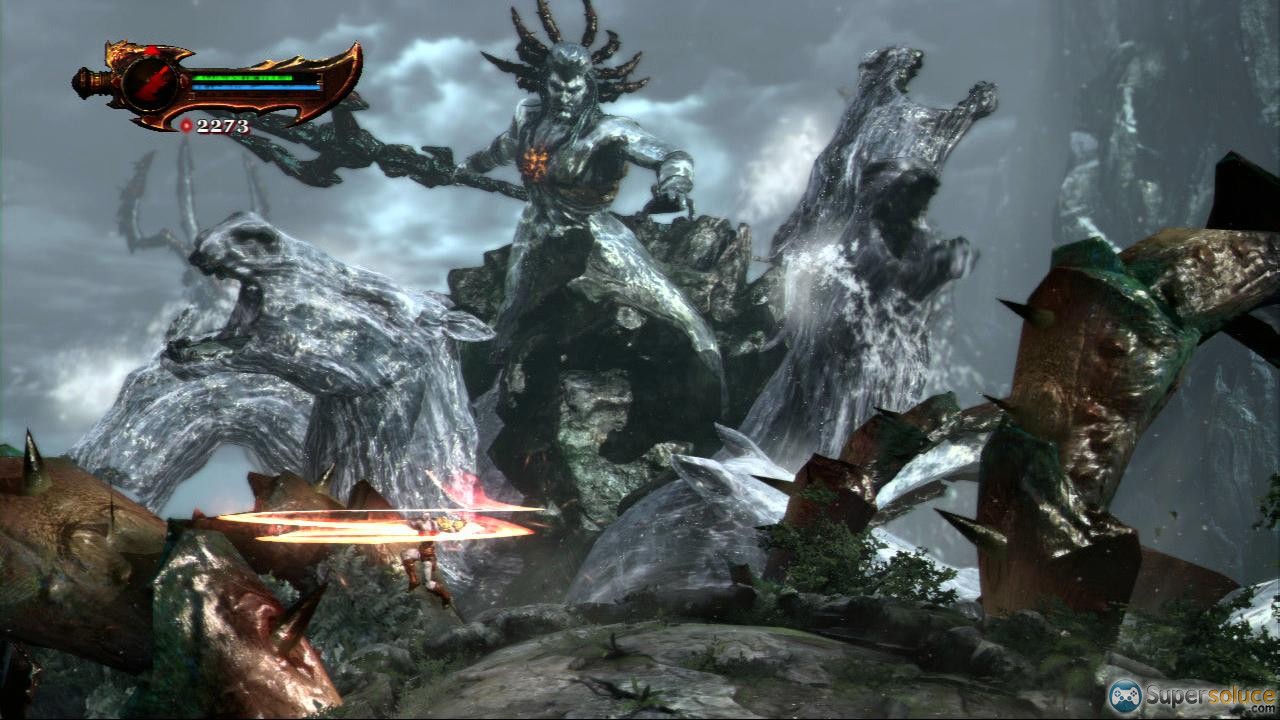
In God of War: Poseidon helps out Kratos in the series until the ghost of Sparta releases Thera who destroys Atlantis. After this, Poseidon vowed to never forget Kratos' actions and ended up being the first boss fight in God of War III.
In Greek Mythology: One of Cronus' children, Poseidon rules over the sea. He has many children, including Arion, a talking horse. You read that right.
